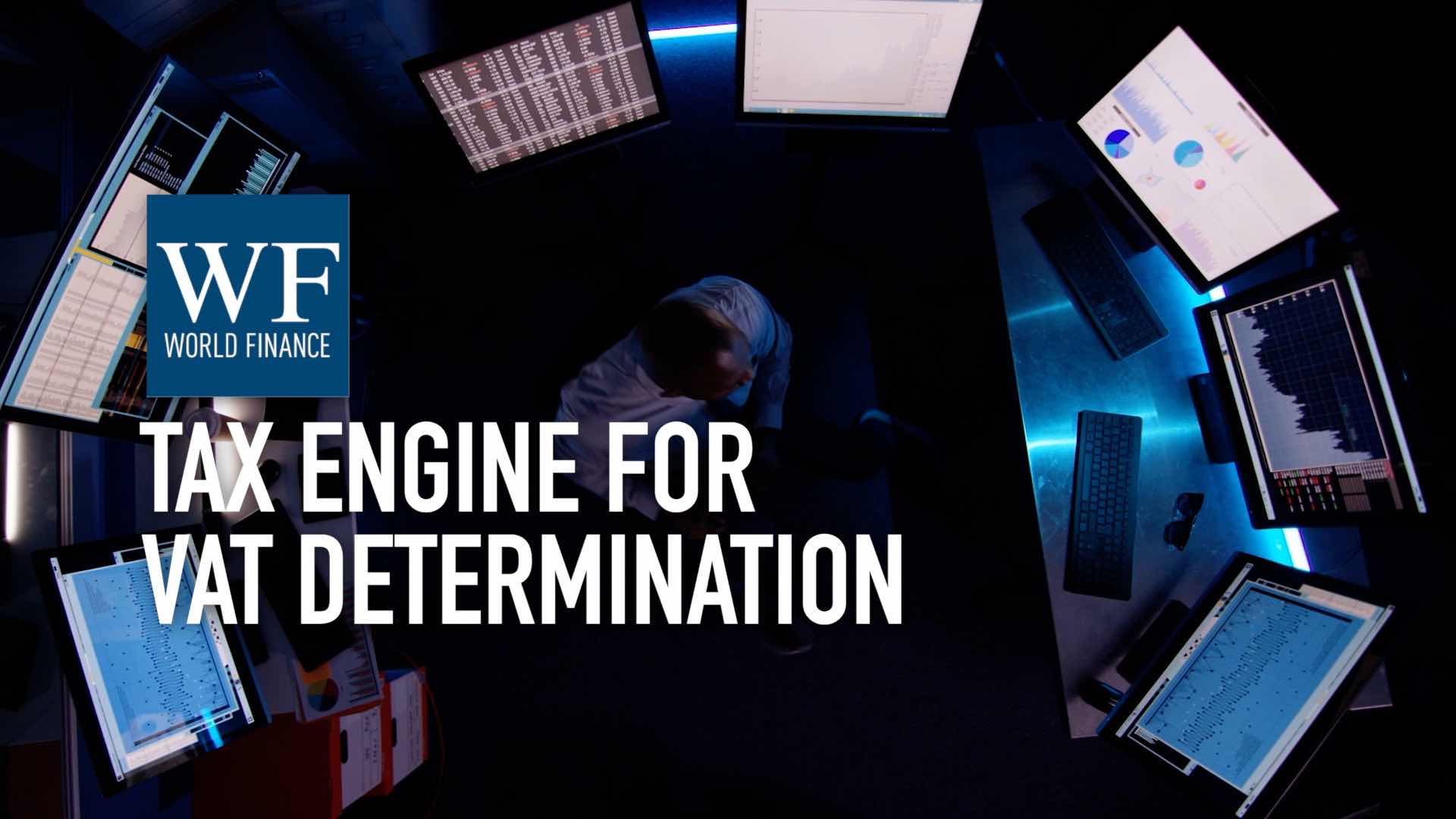Afschrift Law Firm: Preparing for the automatic exchange of tax information
In the second part of our conversation with Jonathan Chazkal, he explains the information that will be exchanged and when
Related:
Transcript
Belgium’s new tax regularisation regime has come into force, offering a permanent programme for voluntary disclosure – available once, and once only, for Belgian tax residents. This is in response to the EU directive on the automatic exchange of information for tax purposes, Jonathan Chazkal explains: better to come clean now and pay a moderate penalty, than risk a more punishing prosecution later. If you’re starting here, you should go back and watch the first half of our conversation with Jonathan, which covers the costs and benefits of the regularisation programme, as well as how to apply.
World Finance: I’m with Jonathan Chazkal from Afschrift Law Firm; we’re talking about Belgium’s new tax regularisation regime.
This is in response to the EU directive on the exchange of information.
Jonathan Chazkal: Exactly. On January 1, 2016, and on January 1, 2017, pictures were taken by the financial institutions of the member countries of the OECD about the accounts and assets of all foreign residents. And the financial institutions will now communicate that information to their authorities. And knowing that the authorities will then start exchanging that information in September 2017 and maybe already in September 2016, Belgian residents know their name will be communicated automatically to the Belgian tax authorities regarding all the accounts that they have abroad.
So if a Belgian resident has already come forward and declared all his assets abroad, when his name will be communicated the local tax authority will know that that Belgian resident has already declared these assets, and therefore will not be subject to any penalties or prosecutions.
World Finance: How detailed is the information that’s being exchanged?
Jonathan Chazkal: Very detailed. The name, the tax identification number, the address, the end year balances, the interest, the dividends of any foreign resident will be communicated to his country.
We are talking about physical persons, but also the economic beneficiaries of every passive, non-financial entity will be communicated as well.
World Finance: So what are the key dates that people need to be aware of?
Jonathan Chazkal: So you have the early adaptor countries, which are the EU countries and other countries like Lichtenstein. They have taken pictures of the assets of their foreign residents on the 1st January 2016, and they will communicate that information in September 2017.
Then you have a second group of countries like Dubai, Israel, and Switzerland. They have taken pictures of the assets of their foreign residents on January 1, 2017; these authorities will communicate with each other from September 2018 and on.
World Finance: And there are potentially negative consequences as a result of this exchange of information; how can those consequences be limited?
Jonathan Chazkal: First if you are an economic beneficiary of an entity, you could make sure that it’s not a passive non-financial entity, but an active one. And then you would not be subject to an automatic exchange.
The second would be to change its tax residence. But then you obviously have to go live in that other country.
Finally, the only good solution would be to file for a tax regularisation procedure at that special office in Brussels, that still allows you one more time during your lifetime to come forward, to come clean, and to pay – maybe high penalties – today, but it will always be much lower than if you get caught in September 2018.
World Finance: Jonathan, thank you very much.
Jonathan Chazkal: Thank you.

 Vertex tax technology: Introducing SAP chain flow accelerator
Vertex tax technology: Introducing SAP chain flow accelerator Vertex tax technology: Why add a tax engine for VAT determination
Vertex tax technology: Why add a tax engine for VAT determination
